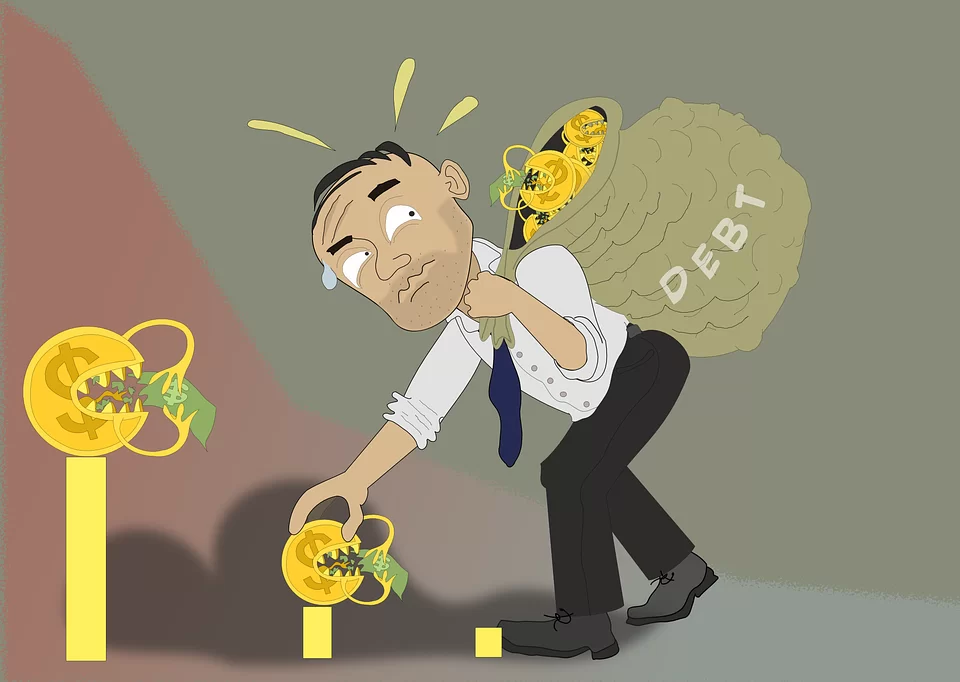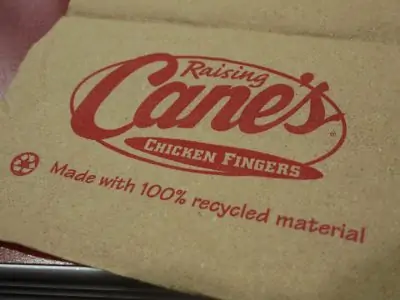
Irrespective of how much debt you have actually amassed as a single parent until now, you could still make things right starting now. If you are neck-deep in debt and you are facing deep financial hardships, you are not the only one under so much of mental turmoil. “The average American household carries $137,063 in debt, according to the Federal Reserve’s latest numbers. Yet the U.S. Census Bureau reports that the median household income was just $59,039 last year, suggesting that many Americans are living beyond their means.” Moreover, https://www.usatoday.com presents more such interesting data. “Medical expenses have grown by 57% since 2003, while food and housing costs climbed 36% and 32%, respectively. Those surging basic expenses could widen the inequality gap in America, as a quarter of Americans make less than $10 per hour.”
The matters are even worse when it comes to single parents as they run their households singlehandedly with no support from their partners. However, here are some proactive steps to take if you wish to stay out of debt. You must consider doing a bit of prep work before you start paying down your debts.
Start By Tallying It All Up
You simply cannot end up paying off all your debts if you do not have an idea where to start. You may be hesitant about tallying everything but it is mandatory if you wish to be debt-free in the end. You need to be 100 percent honest with yourself. Sit down with all the student loan bills, credit statements, personal loans, car loans, furniture loans, etc. and accurately add them up.
Meticulously Chalk Out a Perfect Budget
Once you chalk out an effective budget, you could determine precisely how much extra amount you have in your hand to divert toward repayment of your debts every month. Do not lose heart if you do not have a considerable amount left at this point in time. You could learn effective ways to reduce your monthly expenses and soon you could divert a substantial amount toward your monthly debt repayment. Seek professional assistance from Nationaldebtreliefprograms.com for perfect debt solutions.
Be Sure about Your Action Plan
Determine a killer plan to tackle and eliminate your debts right from the roots. There are two specific ways of tackling debts. One effective way is called the debt snowball and the other is called the debt avalanche.
Debt snowball involves a listing all your debts right from the smallest to the biggest balances. You would start by working toward getting rid of your smallest balance and continue to make all the minimum payments simultaneously on everything else. Once the smallest debt is eliminated, you would work proactively toward getting rid of the next smallest balance.
Debt avalanche involves a listing of all your debts from the highest rate of interest to the lowest rate of interest. You would be working toward getting rid of the highest interest debt but you would continue to make the necessary minimum payments simultaneously on everything else. This particular method would be saving you a substantial amount of money in the long run. Both the methods are effective and you must choose as per your unique requirements or preferences.
You Must Necessarily Set Up an Emergency Fund
“Many financial planners suggest having savings that can cover three to six months of expenses on the side in an easily accessible account. In a household with a primary earner, leaning toward the higher end—an amount that can cover six months of expenses—is a good idea.” This is indicated by https://www.forbes.com. Before starting your debt repayment schedule, it is best to keep aside minimum $1000, in a separate account marked as the emergency or the contingency fund. If you have some money kept aside for emergency situations, you would not switch back to using credit cards or opt for some other forms of taking out fresh loans. It is quite natural for emergencies to come up every now and then without us expecting them.
Stay Away from Credit Cards
Credit cards could be your worst enemies. You are easily tempted to use a credit card with no rhyme or reason. Most credit cards carry exorbitant interest rates and you would easily be spending years in an effort to pay down your balance. Once you are sure that credit cards are actually, the root cause of all your financial distress and ever-mounting debts, it is best to cut them up. Credit cards are surely not to be used as your emergency fund.
Debts Are the Harbinger of Emergency
Debts should be treated seriously because they lead to emergency situations. Debts cause a lot of emotional turmoil and mental distress. You are heading towards a financially unstable future once you are in debt. Treating debt as an emergency could solve your issues. Understand that debt would be impacting your overall quality of life adversely. The best thing is that you could get rid of all your debts if you have a strong resolution, determination, and dedication.
Re-evaluate Your Lifestyle
Your lifestyle and your living condition could make or break your monthly financial plan. How much you spend every month to maintain your current lifestyle would demonstrate if you are following the budget meticulously. You need to see if your mortgage payments and rent are on par with your income as they are the biggest monthly expenses. If necessary, you could cut down the expenses by getting a roommate or by shifting to a much cheaper accommodation until debts are repaid and you are financially stable to afford the rental expenses. You may even consider refinancing your mortgage effectively to a relatively lower interest rate. You could consider renting out the premises or selling it to buy a cheaper house. By modifying your living condition and your overall lifestyle, you could get enough additional money to pay down your debts.
Conclusion: Pay Off All Your Debts Consistently
Remember it took you some time to accumulate so much debt, it would; therefore, take you a considerable time to get out of debt. You need to be consistent in your efforts and stay cool and patient throughout the debt repayment process. Be honest in your endeavors. Even if you fail to eliminate all your debts at once, you could start right from then and there toward achieving a debt-free future.
Author Bio
Marina Thomas is a marketing and communication expert. She also serves as a content developer with many years of experience. She helps clients in long-term wealth plans. She has previously covered an extensive range of topics in her posts, including business debt consolidation and start-ups.






